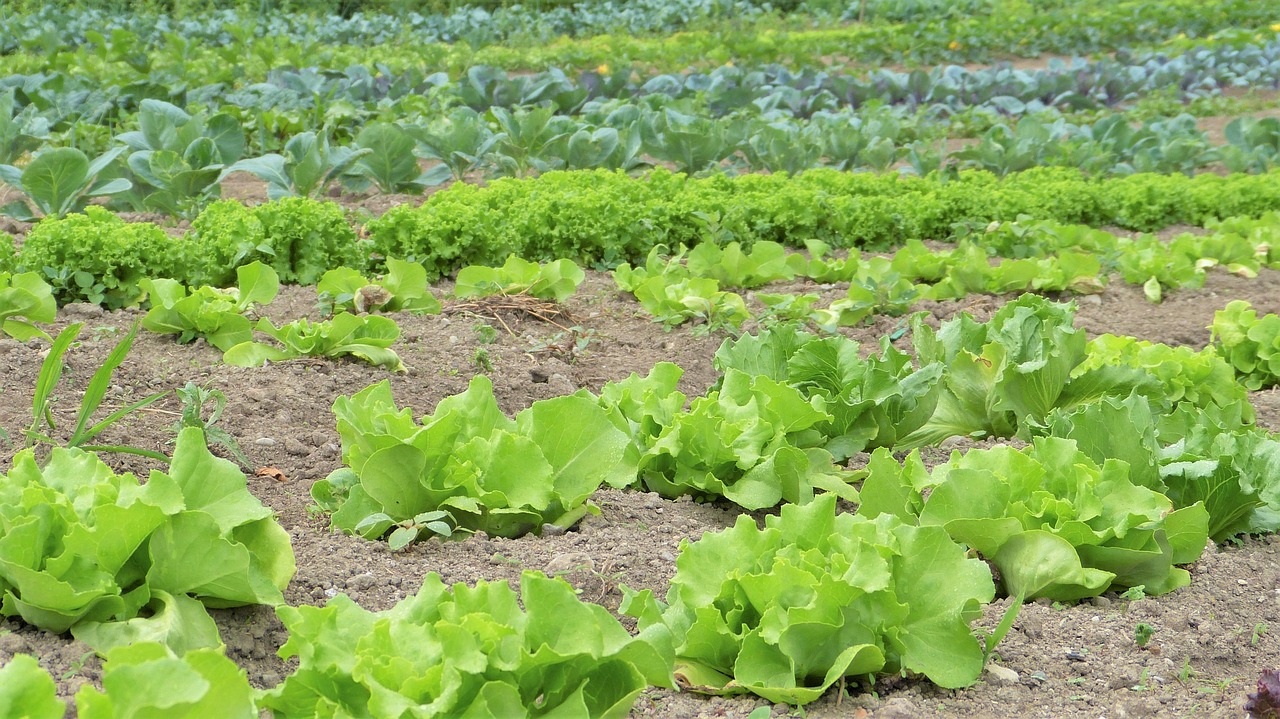Exploring Food Sovereignty: Empowering Communities Through Agriculture
Food sovereignty is a concept that centers around the idea of communities having the right to control their own food systems. It emphasizes the importance of local decision-making in food production, distribution, and consumption. This approach prioritizes the needs and priorities of local producers and consumers over external interests.
At its core, food sovereignty is about ensuring that all individuals have access to healthy and culturally appropriate food. It advocates for sustainable farming practices that preserve the environment and promote social justice. By encouraging communities to reclaim control over their food systems, food sovereignty aims to address issues of food insecurity, environmental degradation, and social inequalities in a holistic manner.
The Importance of Community Involvement
Community involvement plays a crucial role in shaping the food system. When community members actively engage in decision-making processes related to food production, distribution, and access, they can ensure that the needs and priorities of the local population are met. By participating in community initiatives such as community gardens, farmers markets, and food cooperatives, individuals can not only promote sustainable and equitable food systems but also foster a sense of belonging and connection among residents.
Moreover, community involvement helps to build resilience in the face of food security challenges. By working together to address issues such as food deserts, food insecurity, and lack of access to nutritious food, communities can develop innovative solutions and strategies to improve the overall well-being of their members. Through collaborative efforts and shared resources, communities can create more resilient food systems that are better equipped to withstand external shocks and disruptions.
What is food sovereignty?
Food sovereignty is the right of peoples to healthy and culturally appropriate food produced through ecologically sound and sustainable methods, and their right to define their own food and agriculture systems.
Why is community involvement important in regards to food sovereignty?
Community involvement is crucial in ensuring that food sovereignty is achieved because it allows for local voices and knowledge to be taken into account when making decisions about food production and distribution.
How can individuals get involved in promoting food sovereignty in their community?
Individuals can get involved in promoting food sovereignty in their community by supporting local farmers and food producers, advocating for policies that prioritize food security and sustainability, and participating in community gardens or food distribution programs.
What are some benefits of community involvement in promoting food sovereignty?
Some benefits of community involvement in promoting food sovereignty include increased access to healthy and culturally appropriate food, support for local economies and small-scale farmers, and the preservation of traditional food systems and practices.
How can community involvement help address food insecurity and hunger?
Community involvement can help address food insecurity and hunger by promoting sustainable and equitable food systems that prioritize the needs of all community members, especially those who are most vulnerable. By working together, communities can ensure that everyone has access to nutritious and affordable food.





